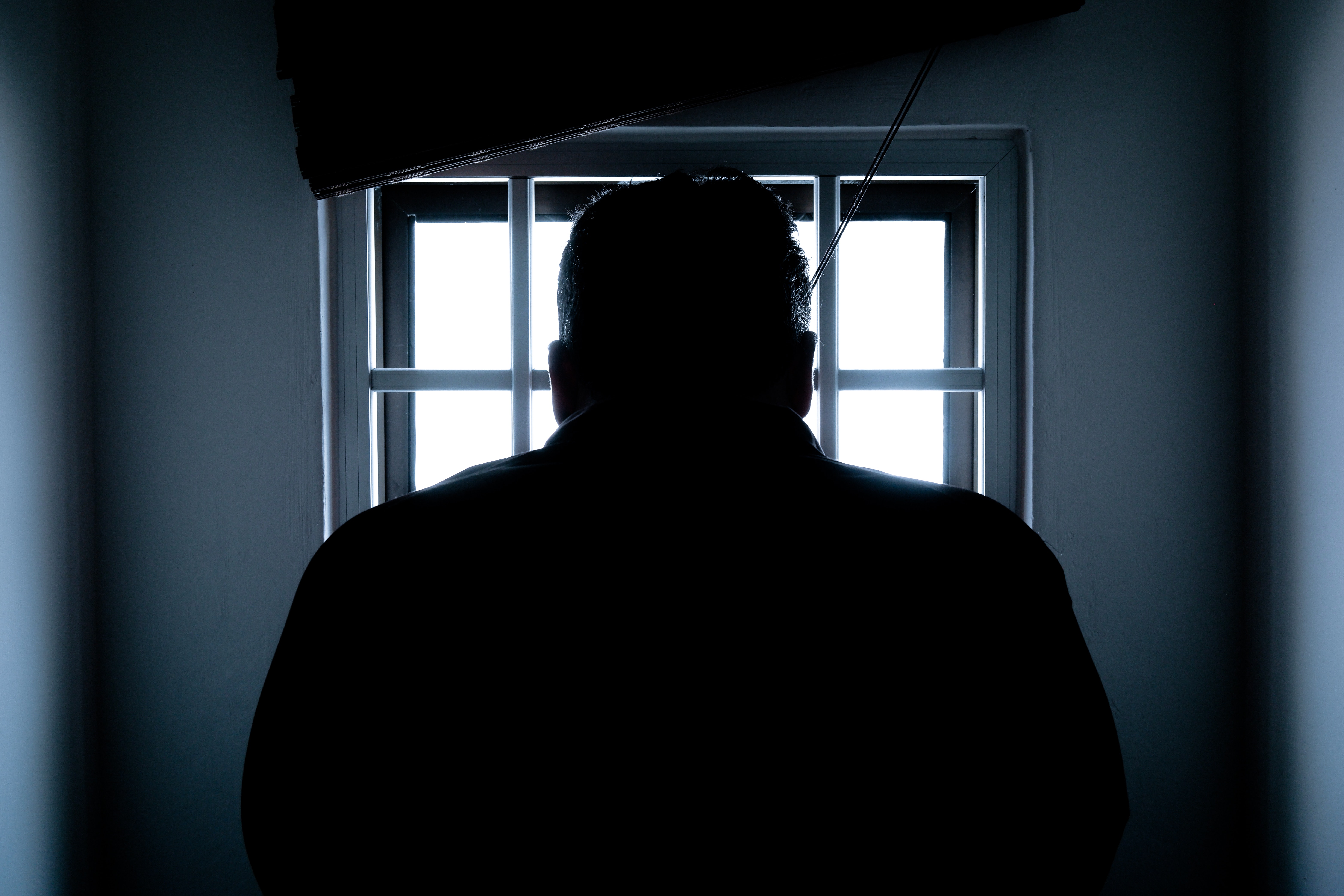
There are strong opinions regarding just how much creature comforts a person sentenced to a term of imprisonment should receive in goal and paid for solely by the State.
The Statistics
As of November 2020, there are 12,701 people incarcerated in Australia, 25.2% of those are Indigenous Australians. These numbers include both convicted offenders and non-convicted people awaiting trial, meaning they have NOT been convicted of any crime as yet.[1]
Too Hard
Many advocates of prison reform say that Australia’s prison especially maximum-security prisons are ‘not fit for human habitation’.
Too Soft
Others say prisoners get it too easy already with Pay TV channels and recreational activities such as pool tables, and access to community programs, education, training, and even balconies attached to the cells. And the State already spends thousands of dollars a year to keep prisoners entertained.
The Harsh Reality
In any case, no what side of the debate you sit most would agree that the reality of a prison environment is restrictive, unrelenting, and mostly an unhealthy environment to live in.
AND the reality is that in many prisoners are confined to their cells for an extended period. As an example, the maximum-security prison in Goulburn NSW confines prisoners normally to 16 hours a day in their cells, 7 days a week, 365 days a year.
Physical and mental health are also luxuries in goal. Prisoners are said to suffer the greater detriment to their mental health of all the people in society. Bashings and beatings are also common in goal as is the constant fear of the same. Simply looking at another inmate the wrong way could result in severe physical harm. Rapes are common too in prison as are other forms of sexual abuse and harassment.
Furthermore, people entering prisons are already suffering pre-existing mental health issues. In fact, a 2015 report on disability and mental health in Australia’s prisons found that ‘almost half of prison entrants (49%) reported having been told by a health professional that they have a mental health disorder, and more than 1 in 4 (27%) reported currently being on medication for a mental health disorder’.[2]
Moreover, prisoners are also often required to work whilst in prison, and they are paid as little as $0.82 cents an hour. A current user of prison low paid labour is Qantas, who employs prison inmates to pack their headsets and amenity packages. This low paid labour wages puts prisoners as the lowest paid workforce in Australia.
Therefore, whether you are on the too soft or too hard debate the reality is that prison life is restrictive, unrelenting, and unhealthy.
Making of course prison a general deterrence to crime, but the question is, at what cost is this to human health and dignity?
What do you think?
Tell us your thoughts by leaving a comment below.
If you or someone you know is charged or convicted of a criminal offence and seeks legal advice on appeal or charges, contact Rep-Revive Criminal & Employment Lawyers® for a free initial consultation on (02) 9198 1996.
[1] https://www.bocsar.nsw.gov.au/Publication%20Supporting%20Documents/custody/Custody-Infographic-2020-09.pdf.
[2] https://www.aihw.gov.au/reports/prisoners/health-of-australias-prisoners-2015/contents/mental-health-of-prison-entrants.
0 Comments
Post Comment